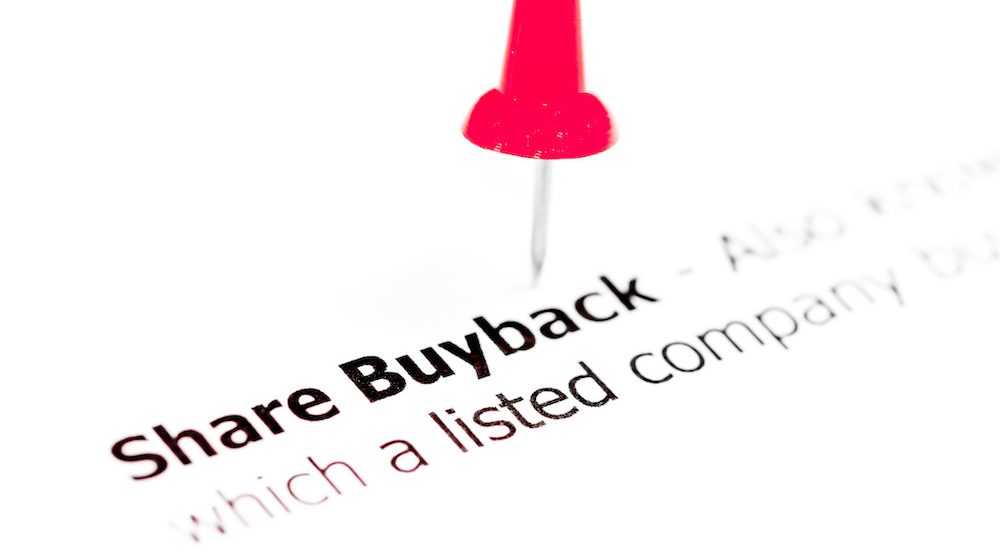Spotlight on Share Buybacks: Reasons, Rules and Regulations
 Many large companies including Apple and Sony have carried out large scale share buybacks in recent years. These high-profile share buybacks have raised many questions, including what is a share buyback? What are the reasons for a share buyback? And how does a share buyback work? Here, we provide a brief look at the reasons, rules and regulations governing share buybacks.
Many large companies including Apple and Sony have carried out large scale share buybacks in recent years. These high-profile share buybacks have raised many questions, including what is a share buyback? What are the reasons for a share buyback? And how does a share buyback work? Here, we provide a brief look at the reasons, rules and regulations governing share buybacks.
What is a share buyback?
A share buyback is quite simply when a company repurchases its own shares from one or more shareholders. Any kind of company is entitled to buy back its shares under the Companies Act 2006, although there are different rules for different kinds of companies. There may also be specific rules or restrictions on share buybacks within the company’s articles of association.
What are the reasons for a share buyback?
There are many reasons why a company may want to buy back its own shares. The repurchasing of shares is often a strategic commercial decision which is usually motivated by factors such as:
- returning surplus cash to shareholders
- increasing earnings or net assets per share
- enhancing share liquidity
- increasing gearing
- providing an exit route for shareholders
How does a share buyback work?
The procedure for buying back shares is governed by the Companies Act 2006. The repurchasing of shares and the applicable laws are highly specific to the transaction in question, although all types of share buybacks are heavily regulated.
Share buybacks can be financed from distributable profits, capital or from the proceeds of a fresh issue of shares. The best means of funding a share buyback will depend on the company in question, but for reasons of simplicity it is advisable to finance the repurchase from distributable profits.
Firstly, shareholder approval must be obtained for the buyback to be valid. The requisite means of gaining shareholder approval is generally provided for in the company’s articles of association and relevant shareholder agreements, but typically requires an ordinary resolution to be passed with shareholders holding more than 50% of the votes voting in favour of the buyback.
There are no rules on the amount of payment for shares and the company can repurchase its shares at any agreed price. The repurchase price is therefore a commercial decision to be made between the company’s directors and the selling shareholder, which can range from the nominal value of the shares to higher than the market value. The Companies Act 2006 does however require that the shares in consideration are paid for at the time they are purchased.
Once the buyback is complete, the Companies Act 2006 provides a strict timetable of post-buyback obligations. The company must first decide whether to cancel the shares or hold them in treasury, whereby the company simply holds the shares itself and there is no change to the amount of the company’s share capital. For shares held in treasury, the relevant filings must also be made to Companies House and the company records updated accordingly. If the company decides to cancel the shares, cancellation takes place immediately and must be notified to Companies House in the prescribed form.
There is a further legal requirement that stamp duty must be paid on the repurchased shares where the purchase price exceeds £1000. Once the post-buyback requirements are met, the company must also keep a copy of the buyback contract at the registered office for a period of ten years.
Any share buyback that does not comply with the stringent regulations is void and may even be unwound. Given the complexity of the regulations and the severe consequences of non-compliance, it is therefore advisable to seek legal advice prior to structuring a share buyback.







